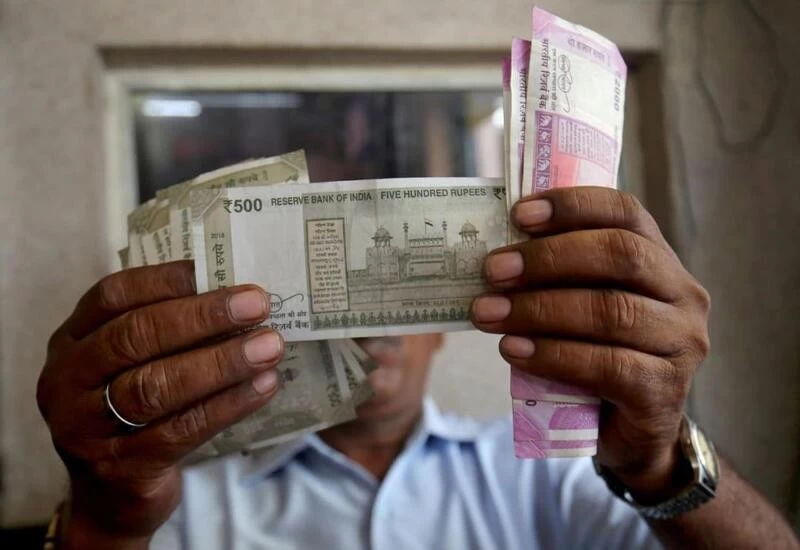New Delhi: After two decades, the Centre’s direct tax collections will likely show an year-on-year decline in FY20, reflecting the enormity of the economic slump, which has lately been accentuated by Covid-19 outbreak. The big tax cuts for corporate India announced in September with retrospective validity from the start of the year, also dented collections.
According to official sources, going by the collections until last Friday, gross direct tax mop-up in the fiscal could be down 8% annually. The last time the Centre’s direct tax receipts contracted was in FY99, when these were down 3.5%, on year.
The sluggish receipts also imply a fall in direct tax buoyancy to a multi-year low of (-)1 in FY20, a sharp slide from a creditable 1.6 in FY18 (thanks to demonetisation) and 1.2 in FY19.
The big decline in the FY20 gross collections of corporation tax and personal income tax, the two principal direct taxes, itself has made the target set for FY21 look unrealistic. With the drastic reduction in India’s economic growth outlook for FY21 owing to the virus pandemic gripping the nation and the world at large, the FY21 direct tax target of Rs 13.2 lakh crore could be missed by Rs 2-3 lakh crore.
In fact, the recent Budget had revised the FY20 growth target for these taxes to 2.9% from the initial 17.5% (budget estimate). How the government’s tax estimates are going awry is evident from the fact that FY20 direct tax receipts are now going to be around Rs 10.46 lakh crore, down 22% from the BE of Rs 13.35 lakh crore, or Rs 90,000 crore or 8% less than the revised estimate of Rs 11.7 lakh crore.
Usually, the last two-three days of a fiscal witness a big spurt in collections as large taxpayers make the final settlements for the financial year – last year, for instance, over Rs 1 lakh crore of the total direct tax inflows of Rs 11.34 lakh crore came in during March 29-31. The three-week nationwide lockdown announced last week due to Covid-19 pandemic is seen impacting the collections just before the deadline.
The nationwide lockdown has ensured that one source of additional revenue — the direct tax dispute resolution scheme Vivad Se Vishwas — this fiscal has now been pushed almost entirely to FY21. The finance minister had extended the deadline for the scheme to June 30 from March 31 earlier. Before the extension, it was estimated that a majority of taxpayers opting for the scheme would do so before March 31 deadline due to the additional benefits. This would have bolstered the government net direct tax revenue (after devolution to states) by as much as Rs 1.2 lakh crore, according to analysts.
As for the indirect taxes, the Centre might face a marginal shortfall of Rs 5,000 crore or so in its GST collections, from the revised estimate level.


